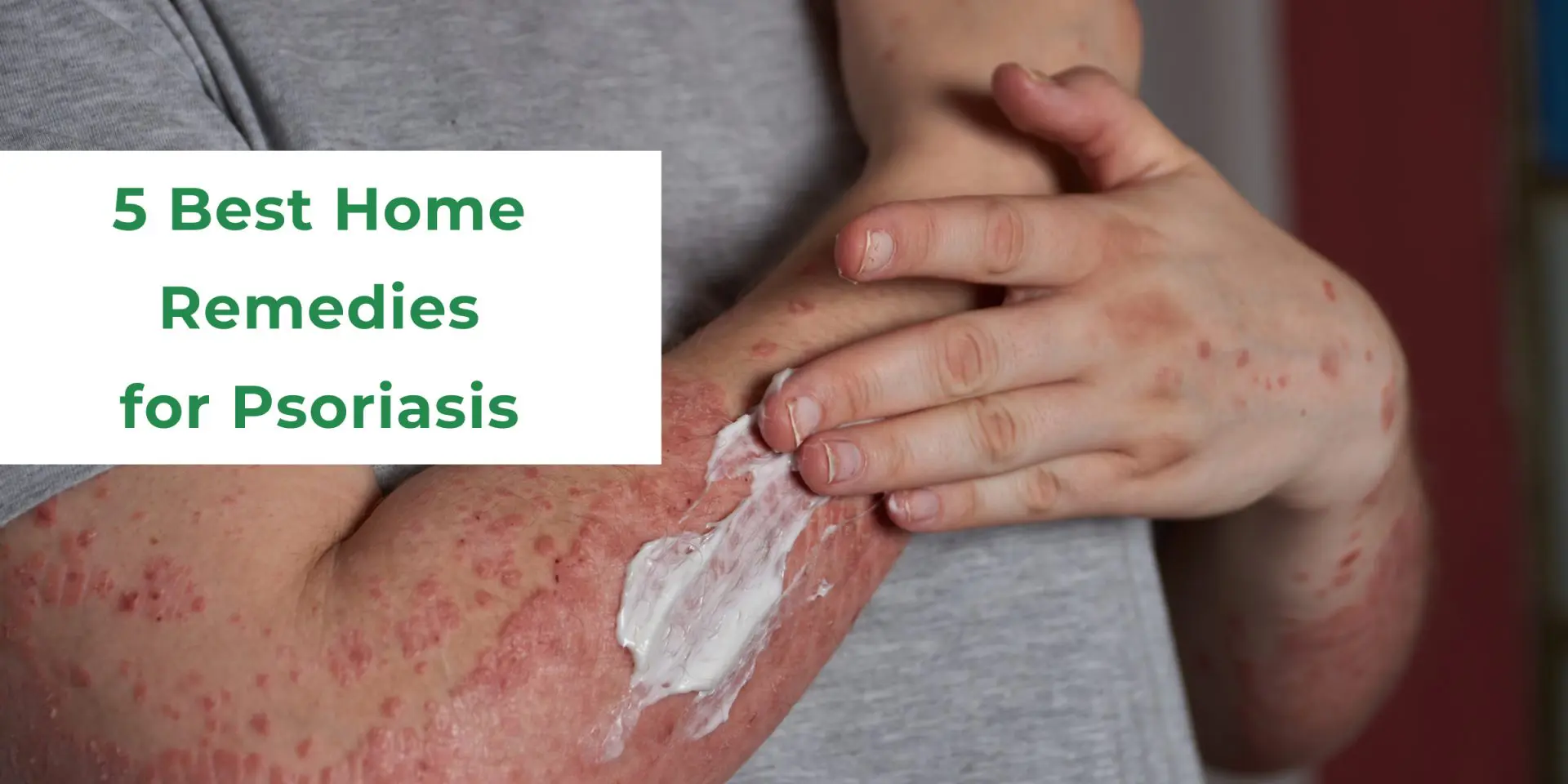
Psoriasis is a chronic autoimmune disease that causes skin cells to grow too quickly. This rapid growth leads to the buildup of thick, scaly patches on the skin’s surface. Although it’s not contagious, psoriasis can be physically and emotionally challenging for those who have it.
Symptoms of Psoriasis
- Red, scaly patches: These patches can be itchy, painful, or even tender to the touch.
- Thickened skin: The affected areas may become thick and leathery.
- Cracking and bleeding: The skin may crack and bleed, especially in severe cases.
- Joint pain: Psoriasis can also cause joint pain and swelling, a condition known as psoriatic arthritis.
Causes of Psoriasis
The exact cause of psoriasis is unknown, but it is believed to be a result of an overactive immune system. In individuals with psoriasis, the immune system mistakenly attacks healthy skin cells, causing them to grow too quickly.
Triggers of Psoriasis Flare-Ups
- Stress: Emotional stress can trigger or worsen psoriasis symptoms.
- Injuries: Skin injuries, such as cuts or scrapes, can sometimes lead to psoriasis flare-ups.
- Infections: Infections, such as strep throat, can also trigger psoriasis.
- Medications: Certain medications, such as beta-blockers and lithium, can sometimes cause psoriasis.
Treatment Options for Psoriasis
While there is no cure for psoriasis, several treatments can help manage symptoms and improve quality of life. These include:
- Topical medications: Creams and ointments can help reduce inflammation and itching.
- Light therapy: Exposure to ultraviolet light can help slow down the growth of skin cells.
- Systemic medications: In severe cases, oral or injected medications may be prescribed to suppress the immune system.
Managing Psoriasis
- Avoid triggers: Identifying and avoiding triggers can help prevent psoriasis flare-ups.
- Moisturize regularly: Keeping the skin hydrated can help reduce itching and scaling.
- Stress management: Practicing stress-reduction techniques can help manage psoriasis symptoms.
- Support groups: Connecting with others who have psoriasis can provide emotional support and practical advice.
If you have psoriasis, it is important to seek medical advice and discuss treatment options with your healthcare provider. With proper management, it is possible to live a fulfilling life with psoriasis.

